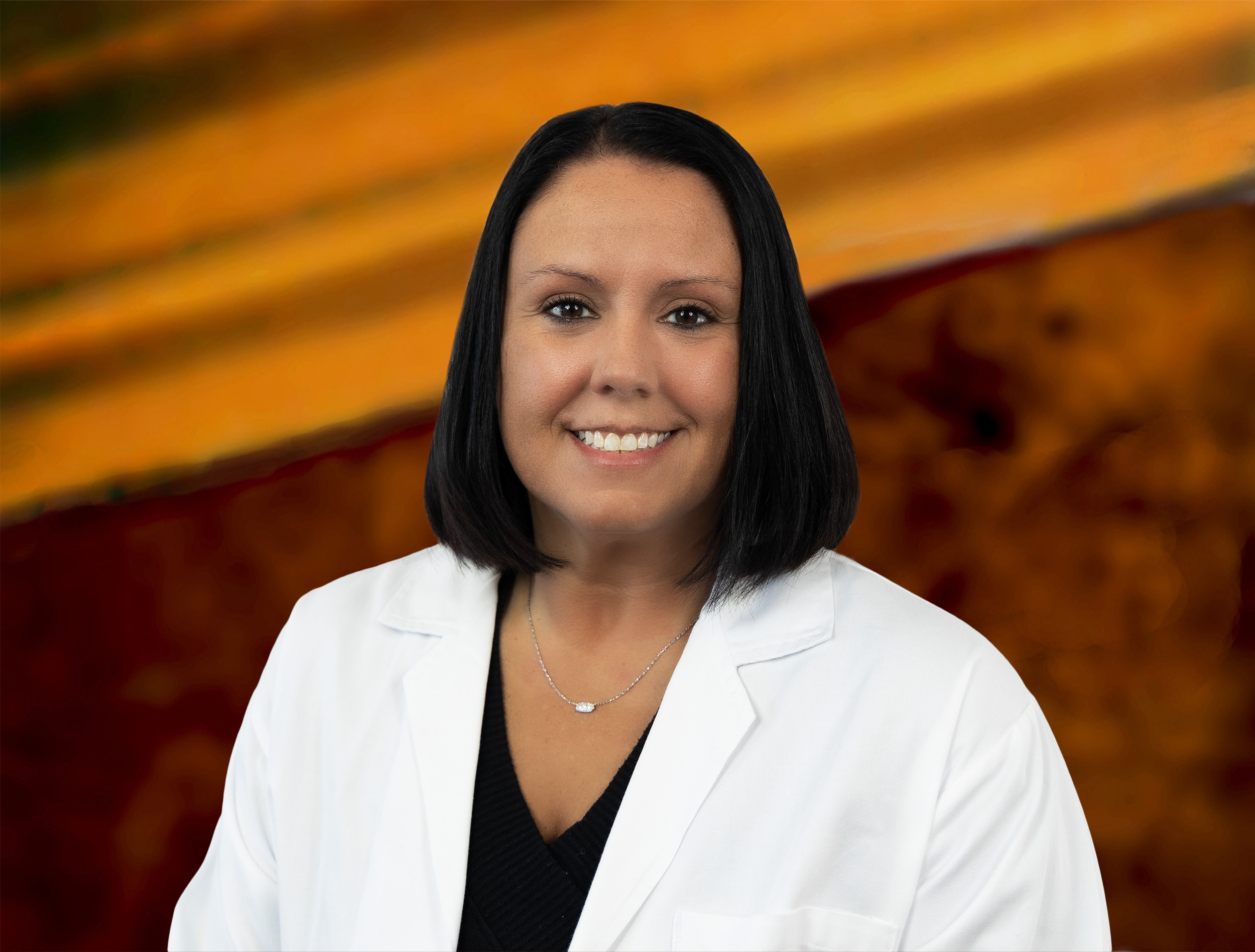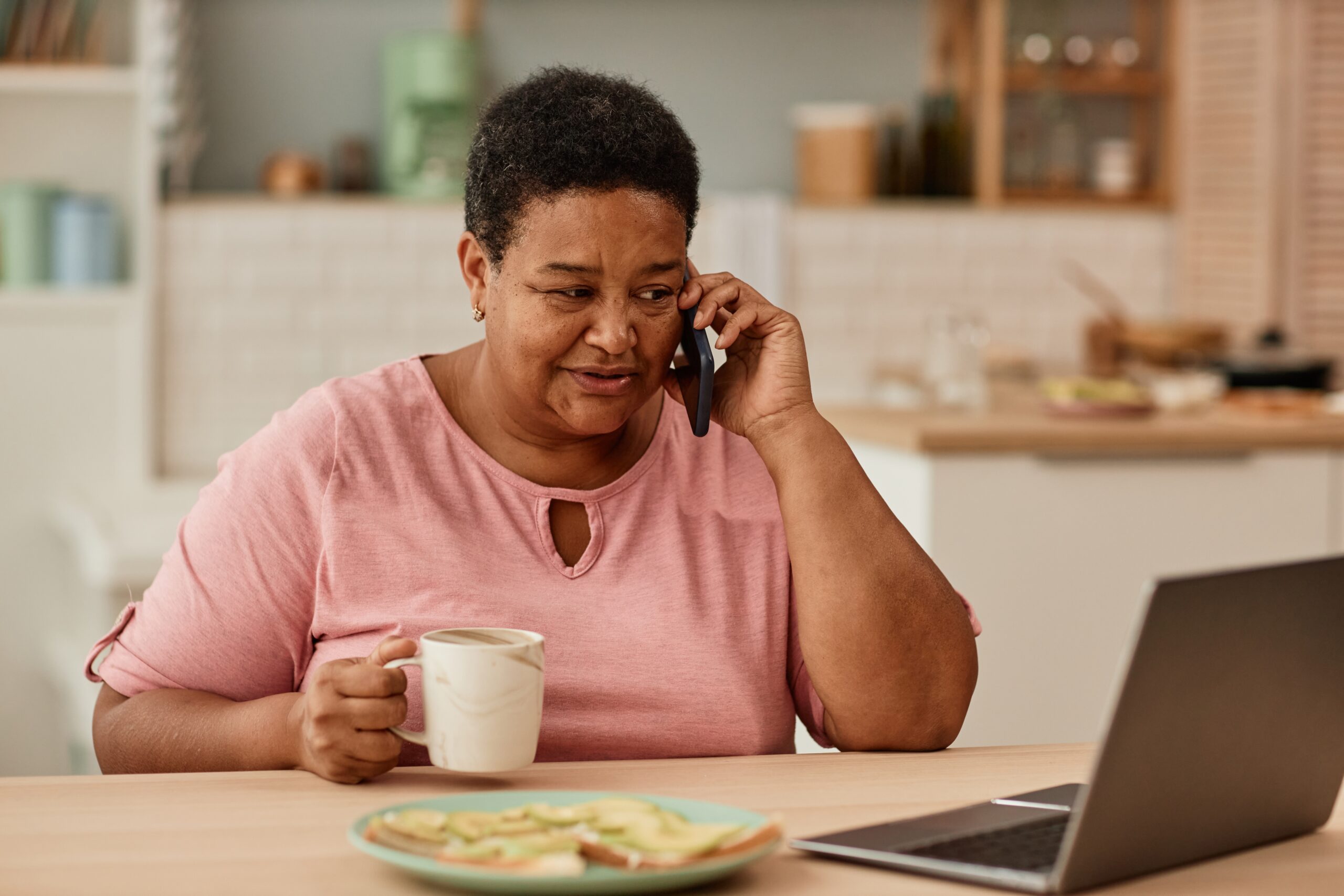 By Shannon Trottier, FNP, Finger Lakes Community Health, with nine health centers in the region
By Shannon Trottier, FNP, Finger Lakes Community Health, with nine health centers in the region
Sometimes it may seem like there isn’t a week without somebody in your family in need of medical attention. You wake up with a fever. Your toddler has an earache. Your teen twists his ankle. With all the options for healthcare out there, where should you turn?
It all depends on the severity of the symptoms. Sometimes, your first stop can simply be your pharmacy for things like seasonal allergies or COVID-19 testing. But when you need to connect with a medical provider, here’s how to decide where to turn first for patients of Finger Lakes Community Health (FLCH).
First call: Your Primary Care Provider (PCP) at FLCH
If you or a loved one is sick and needs medical attention, check with your PCP first (we often have same-day appointments). That’s where all your medical records are easiest to access. And you know we already accept your health insurance which makes things simpler. Because your PCP knows you and often your family, they can create a treatment plan that takes your health history into consideration.
Other advantages of making your PCP your first call:
- During the week, if you’re sick and your PCP isn’t available that day, we may be able to get you in with another FLCH provider.
- If you have internet access and a cell phone or computer, we can also set you up with a telehealth virtual visit.
- If you’re away from home but still in our region, you can get care at another FLCH health center and we’ll have all your records available, too.
- A PCP visit is also going to be the least expensive option for you in most cases.
Connecting with medical experts after-hours
If you need medical attention outside of our regular office hours at your FLCH health center, like evenings or weekends, FLCH offers an On-Call Provider After-hours phone service. You can get a medical provider on the phone to discuss your concerns and get guidance on what to do next. For instance:
what to do next. For instance:
- If you’ve just started a new medication and you’re having a bad reaction to it.
- If you’re a new mom and your baby isn’t well.
When to go to urgent care
In some cases, your best option may be to go to an urgent care center near you. They’re open evenings, weekends, and holidays to see patients in person. Not all urgent care centers have the same capabilities (some can do an X-ray, others can’t). But you can usually get treated for things like:
- Fevers
- Flu-like symptoms
- Muscle strains or other minor injuries like cuts
- Allergic reactions
- UTIs
- Sinus or ear infections
- COVID-19 (testing)
Be sure they accept your insurance, so you don’t get a surprise bill. Also, keep in mind that urgent care centers don’t have your medical records, so they may have lots of questions about your health history. Also keep in mind that if you go to urgent care, they may send you to a hospital Emergency Department or recommend you call the on-call provider at FLCH anyway.
Is it time for the Emergency Department (ED)?
EDs are usually crowded, and people often make this their first stop, even if they aren’t having a true medical emergency. An emergency is a severe condition that could be life-threatening, such as:
- Head, neck, and spinal injuries
- Extensive burns
- Heart attack or stroke symptoms
- Broken bones
- Possible appendicitis
- Uncontrolled bleeding
Since these cases can be a matter of life and death, people with milder symptoms will be a lower priority in the ED. That means you could be waiting a long time to get medical attention there. Also, remember that ED costs can be hard to predict—and very expensive. It all depends on your insurance coverage. Most EDs also accept Medicaid.
Another option: Your School-Based Health Center
In the Penn Yan area, there’s a School-Based Health Center at 3 School Drive. You need to register your children for care at the center ahead of time, but it can be a convenient alternative. Since the health center is part of FLCH, they too will have access to your child’s medical records.
Final thoughts
Talk to your Primary Care Provider next time you have an appointment. Ask them for details about when to go where—and who to call first. If you have a unique situation that makes it hard to decide, they can guide you in what to do before you have to make the call.


